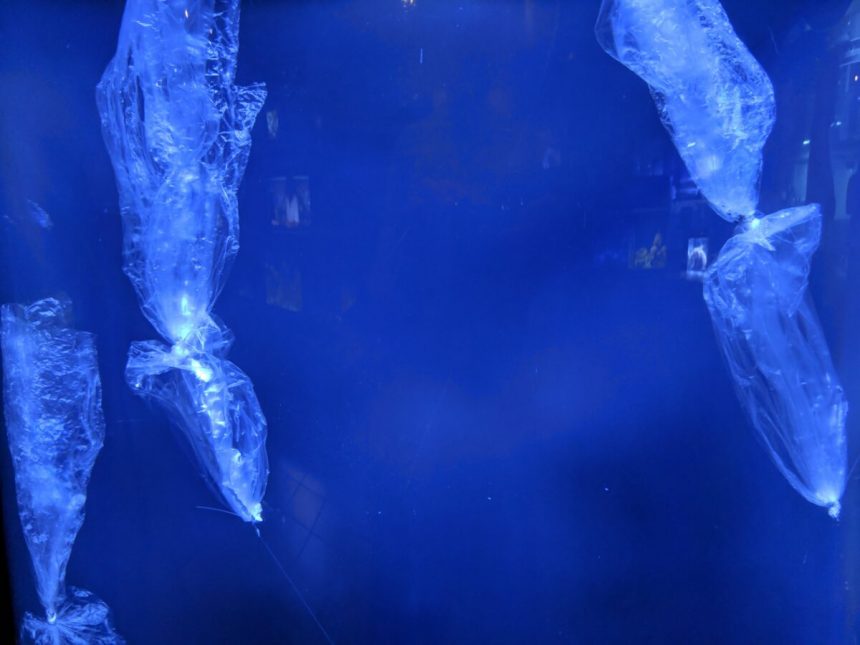
Plastic pollution is a significant threat to our oceans. Columbia Engineering and Columbia Climate School are leading the way in combating this issue. Collaborators Beizhan Yan and Zoran Kostic have secured a $2.7M grant from NOAA for their project, “Precision Plastic Waste Cleanup and Monitoring.” This initiative combines AI, environmental science, and engineering to tackle plastic pollution at a global scale.
Their research focuses on developing AI-enhanced solutions to efficiently collect and monitor plastic waste in waterways. By utilizing advanced technologies like spectral imaging, AI, and deep learning, they aim to differentiate between plastic and natural debris for more effective cleanup. The project also emphasizes community engagement and education to raise awareness about the impacts of plastic pollution.
The ultimate goal is to reduce the presence of microplastics and nanoplastics in our environment by implementing sustainable waste collection practices. With innovative technology and collaborative efforts, this project seeks to make a lasting impact on ocean health and biodiversity.
Tina (Xintian) Wang is the events and external relations manager for Columbia’s Department of Electrical Engineering. This article was originally published on the Columbia Engineering website.






